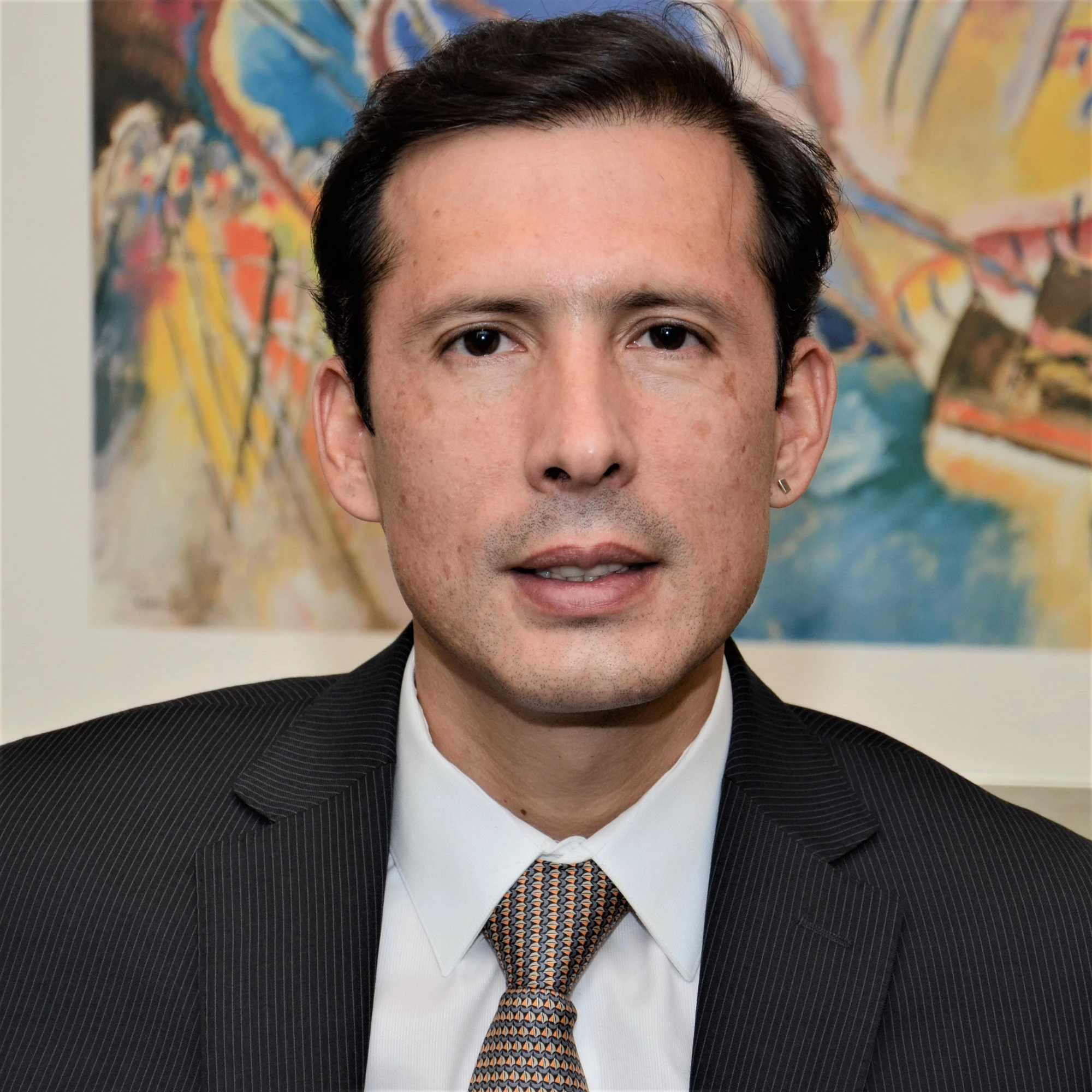The following post is a part of a series that discusses 'managing risk for development,' the theme of the World Bank’s upcoming World Development Report 2014.
As the World Development Report 2014 argues, risk and opportunity go hand in hand in most decisions and actions taken by countries, enterprises, and families as they seek to improve their fate. Indeed, risk taking is intrinsic to the process of development. And although individuals’ own efforts, initiative, and responsibility are essential in this process, their success will be limited without a supportive external environment. On their own, people may be capable of dealing with many risks, but they are inherently ill-equipped to confront large shocks (such as the head of a household falling ill), systemic shocks (such as a natural hazard or an international financial crisis), or multiple shocks that occur either simultaneously or sequentially (for example, a drought followed by a food price shock and food insecurity). They can, however, successfully confront risks that are beyond their means by sharing their risk management with others. Households, communities, enterprises, the financial system, the state, and the international community can all support people in managing risk and pursuing opportunity in different yet complementary ways.
Watch in this video how communities provide informal networks of insurance and protection, helping people deal with idiosyncratic risks and pooling resources to confront common risks. And stay tuned for the launch of the report on October 9, 2013.(The report will be available online on October 6, 2013 at 8:01 PM EDT)


Join the Conversation